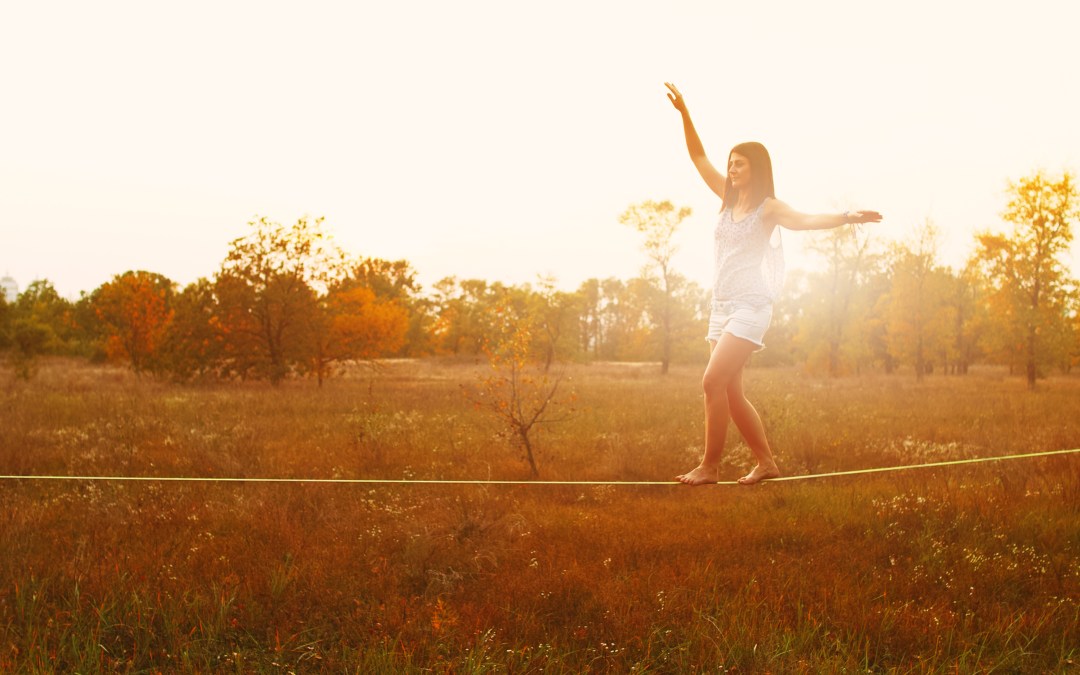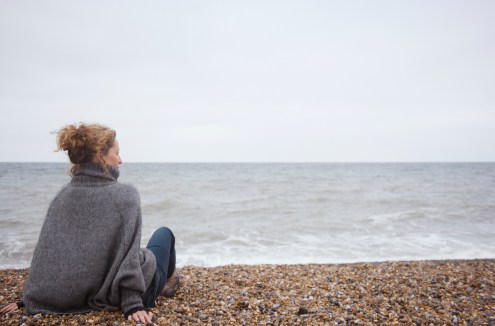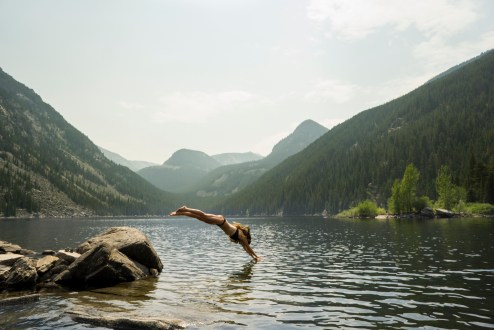Do this now to extend your life
Dr Rangan Chatterjee (author and BBC expert) offers top tips for long-term healthy living

The anti-aging market will see an annual growth rate of 7.5% between now and 2021[2], but we need to be looking beyond the wrinkle cream in the quest for the ultimate anti-ageing solution, which is where Dr Rangan Chatterjee (GP, bestselling author and the BBC’s Doctor in the House) comes in. A key thing to consider when looking at healthy old age is mobility. Our entire quality of life is dependent on being able to move freely (and people with compromised mobility are three times more likely to be unhappy[3]). This is something that we need to address in our twenties, thirties and forties, not ignore till we’re collecting our pension. With this in mind, there are lots of small tweaks that we can make now to future-proof our lives later:
Figure out fasting
Several recent scientific studies have pointed to the benefits of intermittent fasting. We live in an age of abundance, but as humans we have evolved from periods of fasting. There are many variations, but Dr Rangan tends to recommend ten hours, so overnight, for example –if you take your first meal at 8am you would finish eating at 6pm. There is already research indicating long-term benefits to the immune system and the prevention of diabetes. It’s a way of mimicking an old evolutionary mechanism without doing anything too drastic.
Make de-stressing part of your routine
Chronic inflammation underpins pretty much every single degenerative disease that we have, including heart attacks, strokes and even Alzheimer’s disease. Rest and relaxation activates the parasympathetic branch of our nervous system: our cortisol levels fall, digestive enzymes are released, our heart rate drops and our muscles relax, which allows us to digest food appropriately, destress and sleep soundly. Put aside 15 minutes a day for destressing, whether it’s meditation, yoga or simply sitting quietly – just keep it tech-free. Find what works for you and stick to it.
Be a part-time ‘barefooter’
When it comes to shoes, barefoot is best. 80% of us wear shoes that are too small[i], and the style of tapered, cushioned shoes favoured by the Western world is giving rise to endless issues all over the body. Shoes like those made by Vivobarefoot are designed to be foot shaped, rather than shoe shaped, allowing room to move as they’re meant to. We’re not saying abandon your favourite heels for good, but when you consider that wearing a so-called ‘normal shoe’ has been likened by experts as being equivalent to wearing a cast on your arm, swapping into barefoot for even just a portion of the week (eg: your commute) will pay significant dividends.
Use it to avoid losing it
Much of our losses in mobility can be attributed to the fact that our feet have become stiff and weak as a result of years wearing overly cushioned and restrictive shoes. 90% of us wear shoes that are too small whilst our feet are developing, and a third of people over 60 fall at least once a year, making it the most common cause of death from injury in this age bracket. This costs the NHS over £2bn a year. You can combat this by wearing ‘barefoot’ where possible, and spending a few minutes every day doing exercises like toe curls, raises and points.
Embrace morning light
Going outside in the morning and exposing yourself to natural light actually helps you sleep better in the evening, which in turn is a key factor in the protection against ageing. It does this by helping you set your body’s daily circadian rhythm. This is a good time to take your ‘me-time’, perhaps sitting in the garden with a coffee, or the walk from the station to the office.
Take some tech time-out
We all find it a struggle to leave our devices alone for five minutes, but this contributes to a wider problem: finding it harder to switch off. Studies have revealed that we check our phones 221 times a day, and by the time we go to sleep, we’ll have spent three hours and 16 minutes on our device. This not only lets a constant stream of noise into our brains, it hampers our sleep patterns. Get into good habits and try a set period each week without it – it really will pay dividends in the long run.
Image: iStock








